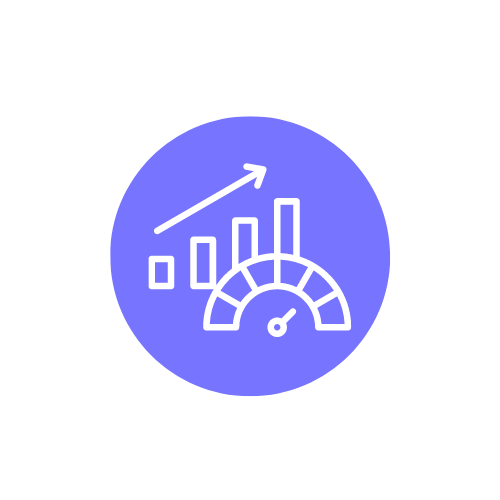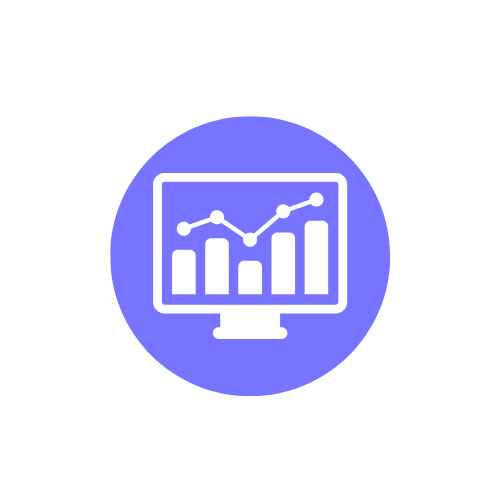A lot of businesses focus on organic search as a key channel to drive leads or sales, but more often than not, they aren’t looking at or using the right data to really understand its impact – which includes established businesses and brands too.
I’ve always used the same simple frameworks when it comes to measuring SEO and the most important thing to understand is the different tools available and what they actually measure. You’ll have no doubt heard that SEO takes time, which can certainly be the case when it comes to revenue and return on investment. Seeing “results” is different though, and you can see improvements in a matter of days and weeks if you’re looking in the right areas.
SEO improvements are essentially a gradual and continuous chain reaction based on your actions. If you consistently do the right things, this sends positive “signals” to search engines about your business and website, leading to improvements in keyword rankings, and in turn getting more eyes on your website in search results. I refer to these as leading metrics, which can predict future performance and help drive your daily initiatives. There are lots of metrics and third-party tools to measure these.
Once more people start to click on pages of your website in the search results, you’ll start to see traffic, and eventually conversions and/or revenue. By the time this happens, it’s already in the past as these lagging metrics are a result of what you have done. This can help to review whether you are taking the right actions and address long-term plans.
A solid SEO strategy and measurement plan will acknowledge all of these leading and lagging metrics to make sure you get the most value from organic search.

Analytics Set-up & Tracking
Making sure your business has the right set up and tracking to accurately measure performance is the crucial area to address before any SEO work begins.

KPI Tracking & Monitoring
With so many metrics and KPIs to monitor and track, it can quickly become timely and expensive. I help clients with all of this and provide the necessary tools.

SEO Reporting
Communicating the results of SEO work is key to my offering. I keep clients updated with reports and provide support for their internal discussions.
Frequently asked measurement questions
What key metrics do you track to measure the success of an SEO campaign?
I track and monitor a range of leading and lagging metrics for every client, from keyword rankings, quantity and quality of backlinks, through to organic sessions, conversions, and user behaviour metrics, all depending on the objectives.
How often do you provide reports, and what information is typically included?
I typically provide a monthly report within 5-7 days of a month ending, to ensure data is fully complete and updated in tools. This can be more or less frequent, and the amount of detail included is up to you as long as it is aligned to the strategy goals and objectives and doesn’t take focus away from what’s most important.
Can you customise reports to focus on metrics that are most important to our business?
Definitely, the reports I provide need to be valuable, not just from an SEO perspective but to the business overall. My job is to make it clear what’s happening, what’s working, and the value of any work that we’re doing together.
How do you measure the impact of SEO on our overall business goals and ROI?
Setting clear expectations about what to expect from SEO is where I focus my attention, so that conversations about progress and return on investment are never tricky or difficult. Everyone should be on the same page from day one, through to day 365, and the value delivered should be obvious.
What tools do you use for tracking and reporting SEO performance, and why?
I pay for several tools for tracking and reporting, which is included in my fees, but I find it easiest and that clients typically prefer to get everything in one Google Sheet or dashboard to be able to digest and review quickly.

